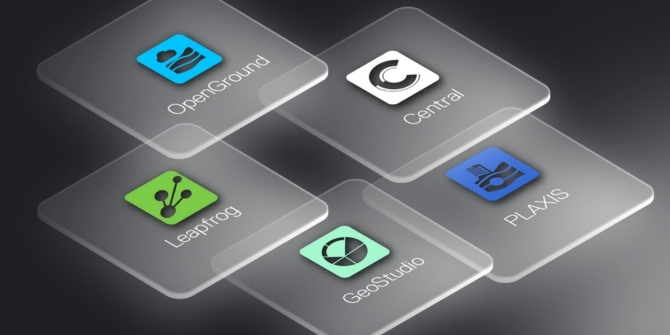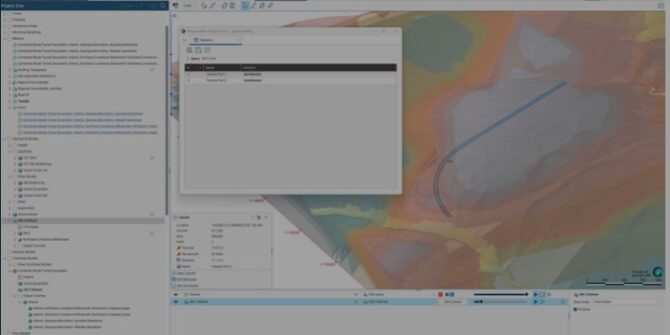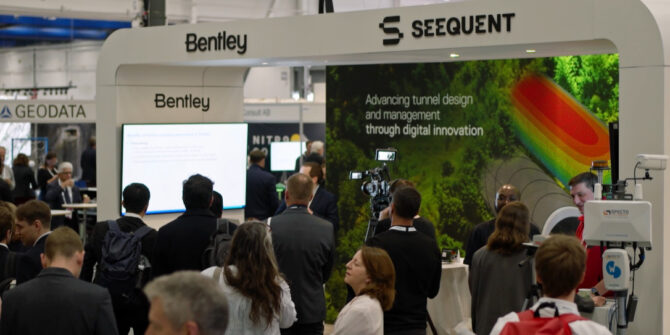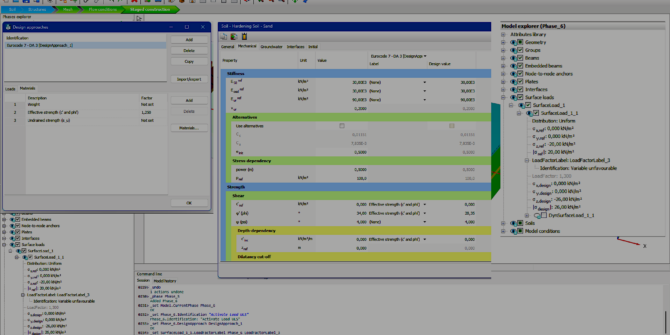
Seequent’s integrated portfolio for geotechnical teams
Meet growing demands and accelerate project delivery with Seequent's integrated software for geotechnical teams.

The data-driven approach future-proofing Louisiana’s transportation
Learn how Louisiana DOTD's switch to OpenGround for their geotechnical data management is driving efficiency, resilience, and cost savings in transportation infrastructure.

What’s new in GeoStudio 2025.1
Check out GeoStudio's latest release showcasing new functionalities and enhancements to our core tools. This version introduces Python scripting, enabling more efficient workflows, and 3D

Streamlining your cross-section creation in Leapfrog 2025.1
Learn the latest cross-section capabilities within Leapfrog 2025.1 and how they enable faster layout creation.

Watch: World Tunnel Congress 2025 highlights
Seequent and Bentley Systems jointly showcased their innovative solutions at World Tunnel Congress 2025 in Stockholm from May 12 to 14.

PLAXIS 2024.3 – What’s new
PLAXIS 2024.3 has been released with significant updates including new design approaches for PLAXIS 3D. Watch our What's new video to learn more.

Illuminate Sydney: Understanding ground risk critical, Seequent CEO says
Seequent Chief Executive Graham Grant underscored the criticality of understanding ground risk during a keynote speech at Illuminate 2025 in Sydney, saying the subsurface was

Above and below ground: Seequent and Bentley’s journey to transform how infrastructure is built
‘Seequent and Bentley together connect the dots above and below ground.'




